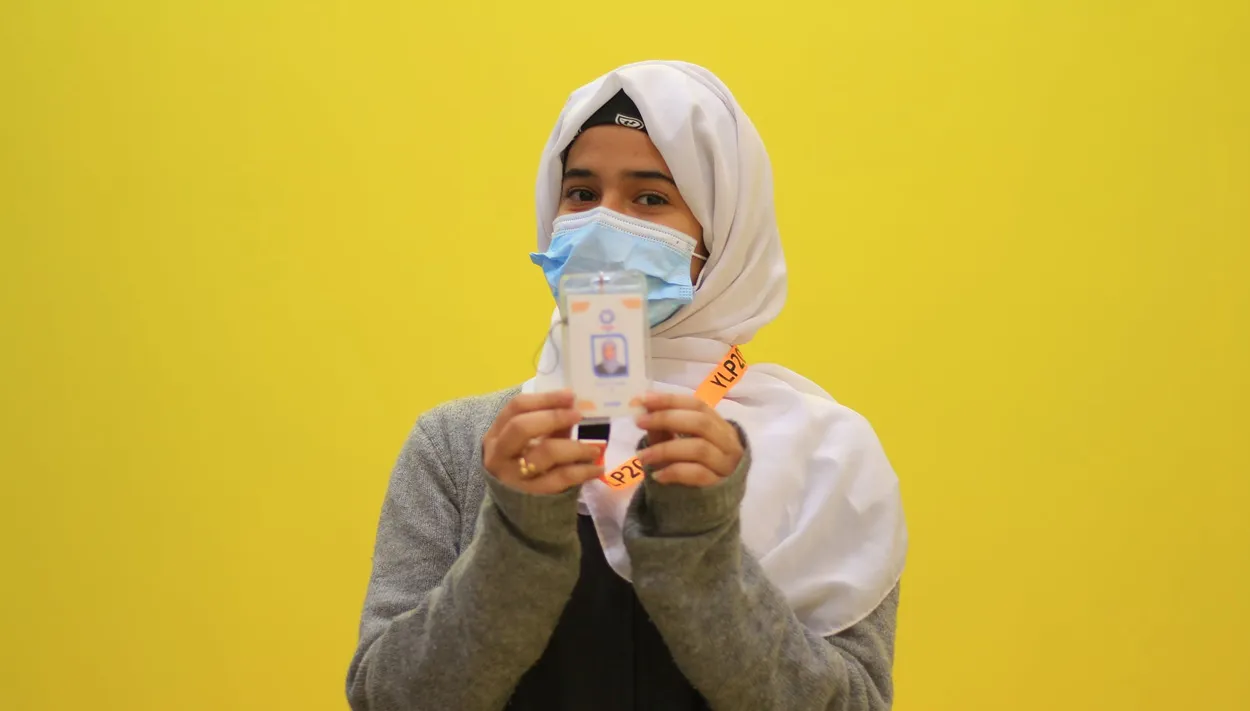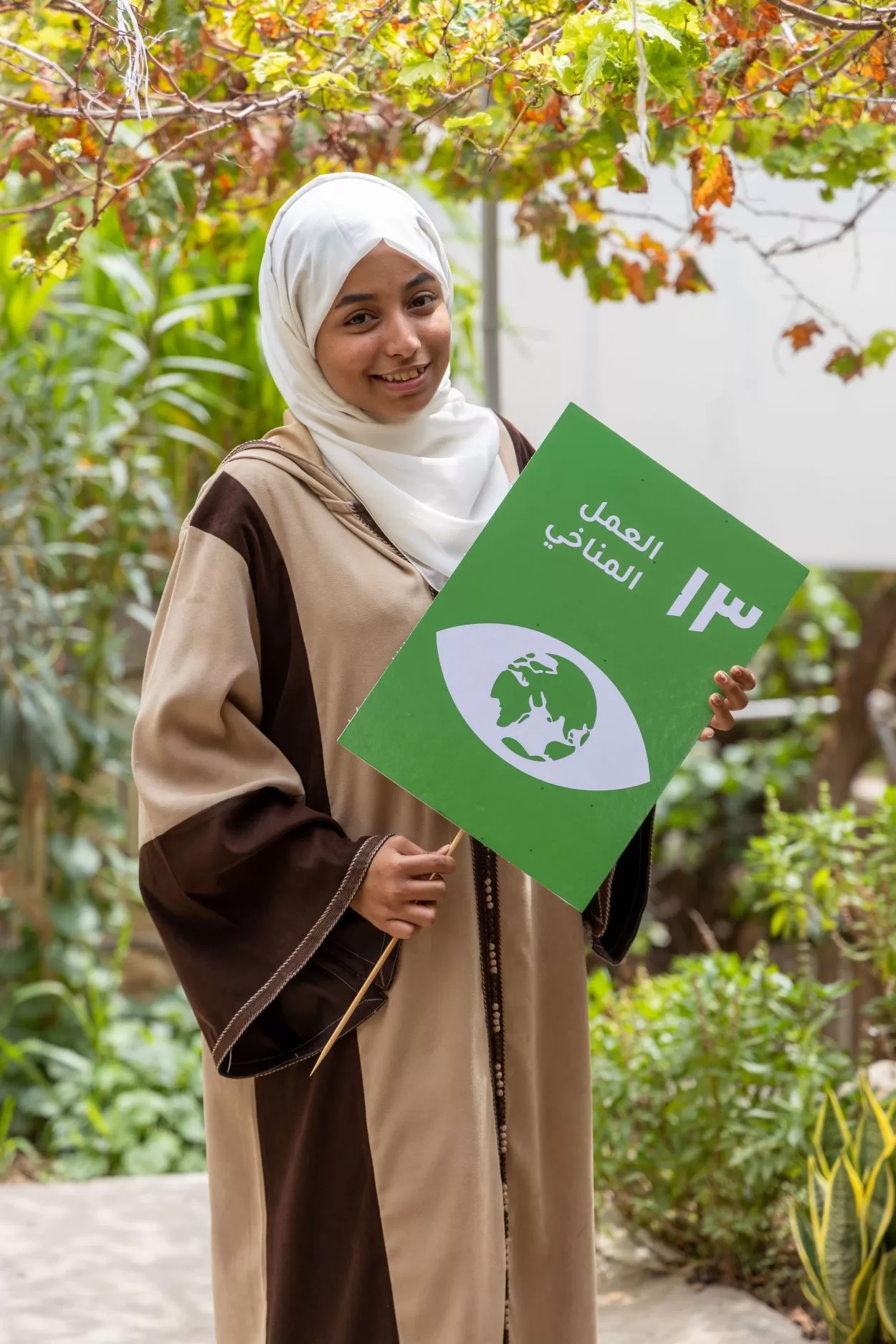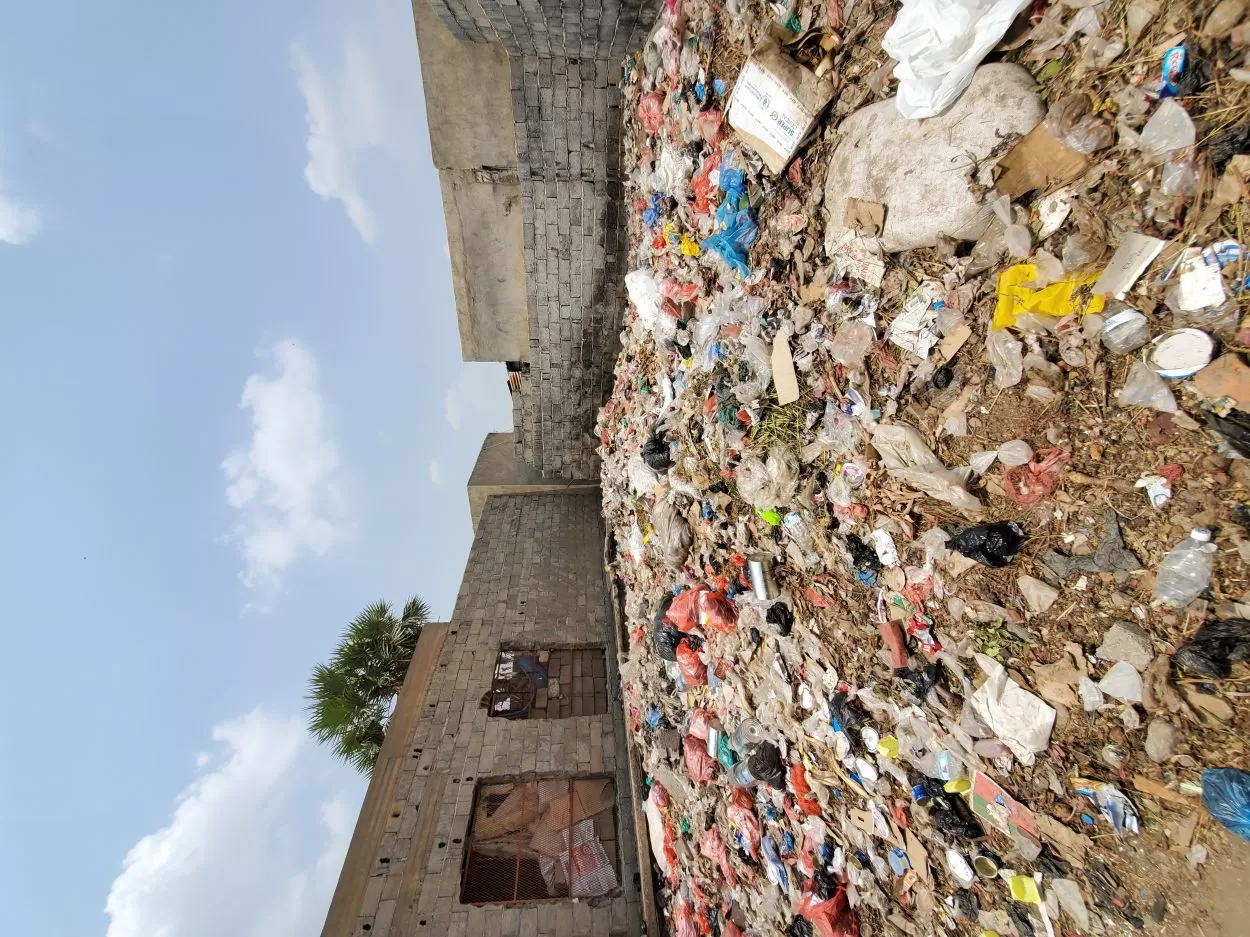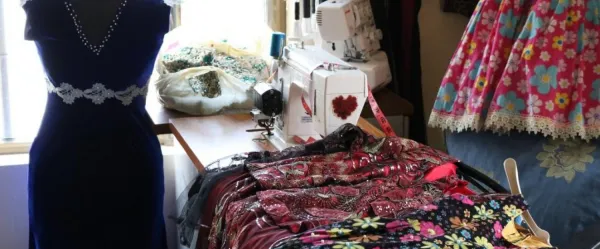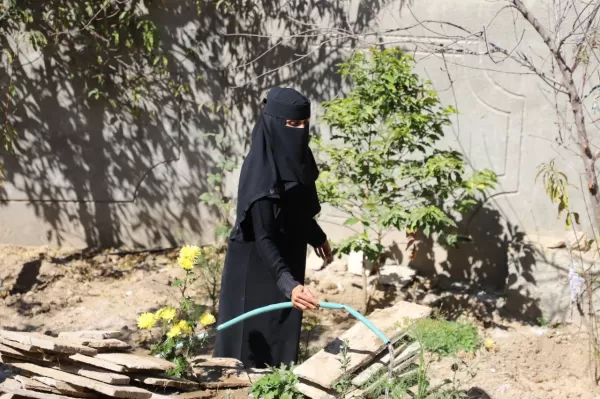Heba and the last generation that can provide solutions to save Yemen
In September of the year 2017, the war in Yemen was approaching its fourth year, and Heba Noman Al-Aghbry was bidding farewell to her fifteenth year, and it had not been long since UNDP in the Arab region launched the third edition of the Youth Leadership Program (YLP), which she hoped to have the opportunity to participate in one day.
Since the beginning of the war, Heba and her family have been cut off from relatives who live in the sub-district (Ozla) of Hathran, in Al-Ta'aziah district, Taiz governorate, an area close to crossfire.
And in September 2022, five years later, YLP launched its eighth edition. Heba, who has just entered the third decade of her life, does not remember feeling so happy during the past decade, which was dominated by tragedies because of the war, which is also entering its ninth year in September.
Heba felt very happy, because the opportunity she wished to have had already arrived, because she was chosen to participate in YLP. Although it will be her first participation, Heba's journey with YLP did not start from the moment she applied, nor from the moment she was accepted, but from the day she visited her relatives in 2017. Specifically, the moment she arrived at her relatives' house. "When I arrived in Hathran, I was not afraid of the clashes, but rather was shocked by what I saw," Heba says, explaining how what she saw that day made the family visit a journey into the future: "Before the war, that area was the main source of grain and drinking water for the city of Taiz, but with the war and the conditions we live in, it turned into a dump, and when I found the situation like this, I started thinking about what I could do."
Heba took advantage of being in "Hathran" at the time to find out what happened and its repercussions on the residents. She says: "Almost everyone was talking about what was happening as a disaster, so I visited a number of people and asked them about the consequences they were suffering from, and I found that the number of deaths due to fever and asthma was increasing and worsening over time." She added: "When I asked the residents about the causes, most of them agreed that the reason turning the area into a garbage dump."
“In the beginning, it was just an interest without a vision, but with a sense of responsibility.” Thus, the scene of garbage accumulation and the tragic situation of the residents of the Hathran area did not leave Heba's imagination. The sense of responsibility here explains to a large extent the enthusiasm she showed as soon as she learned - through the Internet - that waste can be converted into electric energy, and how she came to adopt the issues of the vulnerable and marginalized groups, and why she considered herself concerned with searching for a radical solution to the difficult conditions in which Yemen lives.
Although she was still a student at school, Heba only needed to know that there is a possibility to create a solution in order to go directly and adopt it.” It is possible, according to the capabilities available in Yemen.” Heba says that this was a motivator for her, and stresses that she also knows that the implementation of this project requires a concerted effort. Therefore, "when I participated in YLP8, and I had the opportunity to systematically design the project, I contacted the Cleaning and Improvement Fund to see if it was possible for them to contribute by providing a land in the Wadi al-Dhabab area in order for us to operate the factory there."
Heba says "We are living in a war, the health sector is destroyed, basic services have collapsed, and the humanitarian crisis has reached an unprecedented level. And when it is without gas, without electricity and without a government, a project like this can solve many problems, both for the health problem and the electricity crisis. It will contribute to eradicating hunger and fighting poverty because it will provide job opportunities for the unemployed. The spread of garbage will also be mitigated by converting it into electricity.”, then she adds: “We have been without sustainable electricity for 9 years, and this project will solve a fundamental problem from which we suffer greatly.”
At the beginning of 2018, Heba had formed an initial vision of the project and started looking for organizations or entities to sponsor it and contribute to its development process, "or extend a helping hand and work on developing my skills and my personality," she says, then adds: "At that time I was hearing about the YLP, but because the program targets young men and women between the ages of 19 and 29, and I was younger, there was no possibility to participate in it.” Nevertheless, she kept her idea and worked on developing it, and when she reached the age of 20, she applied to the program, "because participating in it was a dream that had been growing within me for years, and because I know that it will work on refining my talents, ideas, and ambition," she says.
YLP8 developed Heba's ideas for the better. Heba acquired acquaintances and friends among the youth leaders in the city of Taiz, and she benefited from the training camp "more than she expected." She referred to the design and thinking course: "It expanded my perceptions, and made me develop the idea and reformulate it systematically, in addition, It prompted me to search for materials and identify the parties involved."
"After the program, I see myself in a better position," says Hiba, who believes that merely obtaining the program's certificate will put her in a stronger position, and will open doors for her that would not have been opened. Although she does not expect the war in Yemen to stop soon, she has a clear plan for the future: "My goals are to launch an initiative for creative youth leaders in Taiz Governorate, to join volunteer work and youth and social initiatives that contribute to the renaissance of society, to obtain the ICDL and searching for partners to implement the waste-to-energy project.” She also did not forget to point out that graduating from the University with distinction and studying a master’s degree are given priority.
Heba Al-Aghbari, 20 years old, is a second-year student at the Faculty of Engineering and Information Technology at Taiz University, majoring in mechatronics. "Like any young man and woman of this age," she has enough ambition to contribute to making a quantum leap in society. "Because of the wars and economic, social and health crises that Yemen is going through," she believes that her generation is no different from previous generations when it comes to suffering as a result of the instability of the situation in Yemen, but she believes that her generation is the last generation that can provide solutions and save her country.



